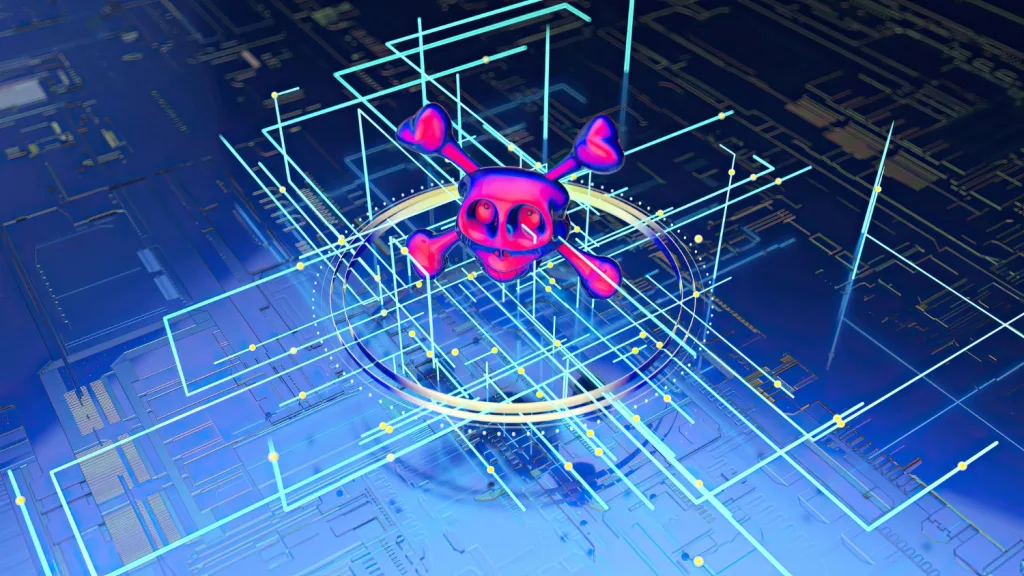RPA, or Robotic Process Automation, is making waves in the tech industry by simplifying repetitive tasks and now, there’s a growing interest in its potential to bolster cybersecurity in tech companies.
Put simply, RPA can significantly reduce the risk of security breaches by automating the monitoring and management of security processes. This implies that robots handle tasks like maintaining security protocols, monitoring network traffic for unusual behavior, and ensuring software is up-to-date, freeing up IT staff to concentrate on more complex security challenges.
What are the key cybersecurity tasks RPA can automate?

RPA can take on a variety of repetitive and time-consuming tasks that are essential for maintaining cybersecurity.
For instance, it can automatically update software to close security gaps, manage the distribution of security patches, and scan emails for phishing attempts. This not only reduces the workload on cybersecurity staff but also decreases the chances of human error which can lead to vulnerabilities.
Moreover, RPA bots can monitor network traffic and alert the team about any potential threats in real time. This quick detection is crucial in preventing data breaches and minimizing damage.
By handling these routine yet critical tasks, RPA frees up cybersecurity professionals to tackle more strategic issues that require human judgment and expertise.
How does RPA improve response to cybersecurity incidents?
In the event of a security incident, speed is of the essence. RPA can significantly accelerate the response time by automatically executing predefined actions when a threat is detected, such as isolating infected systems, changing passwords, or initiating backup protocols. This immediate action can contain threats before they spread, reducing potential damage.
Furthermore, RPA can aid in post-incident analysis by systematically collecting and logging data about the incident. This helps cybersecurity teams to understand what happened and why, and to improve their defenses against future attacks.
Automating these processes ensures that steps are not missed during high-pressure situations, contributing to a more resilient cybersecurity posture.
Can RPA help in compliance and reporting for cybersecurity?

Compliance with cybersecurity regulations and standards is a challenging but essential task for tech companies. RPA can automate the collection, processing, and reporting of compliance data, ensuring that the organization meets regulatory requirements consistently.
Automated reports generated by RPA tools can also provide transparent evidence of compliance with regulatory bodies, simplifying audits.
Additionally, by automating compliance-related tasks, RPA reduces the risk of errors and omissions that can lead to compliance violations and penalties.
This not only saves time and resources but also helps maintain the company’s reputation by demonstrating a commitment to cybersecurity best practices.
How does RPA facilitate proactive cybersecurity strategies?
To maintain strong cybersecurity, it’s crucial to proactively identify and address potential security vulnerabilities before they become exploited.
RPA can automate the scanning of networks and systems for vulnerabilities, analyze security logs for patterns that may indicate a budding threat, and simulate phishing attacks to educate employees about security risks.
This proactive approach allows tech companies to stay one step ahead of attackers. By automating routine cybersecurity tasks, RPA enables tech companies to allocate more resources toward developing innovative strategies and technologies to protect their assets from increasingly sophisticated cyber threats.
Conclusion
In summary, 🤖 RPA provides a powerful tool for enhancing cybersecurity measures within tech companies.
By automating routine tasks, improving response times to incidents, aiding in compliance and reporting, and facilitating proactive security strategies, RPA allows cybersecurity teams to focus on complex issues requiring human insight.
As the digital landscape evolves, integrating RPA into cybersecurity practices is becoming increasingly important for tech companies looking to protect their data and systems effectively against cyber threats.
If you’re interested in how RPA is changing the game for tech companies, check out our pillar article on 📚 Understanding RPA: A Guide to Robotic Process Automation in 2024.
- Remote Hiring in 2025 - April 5, 2025
- Burnout in Remote Teams: How It’s Draining Your Profits - January 27, 2025
- Signs You’re Understaffed - January 20, 2025
